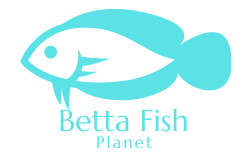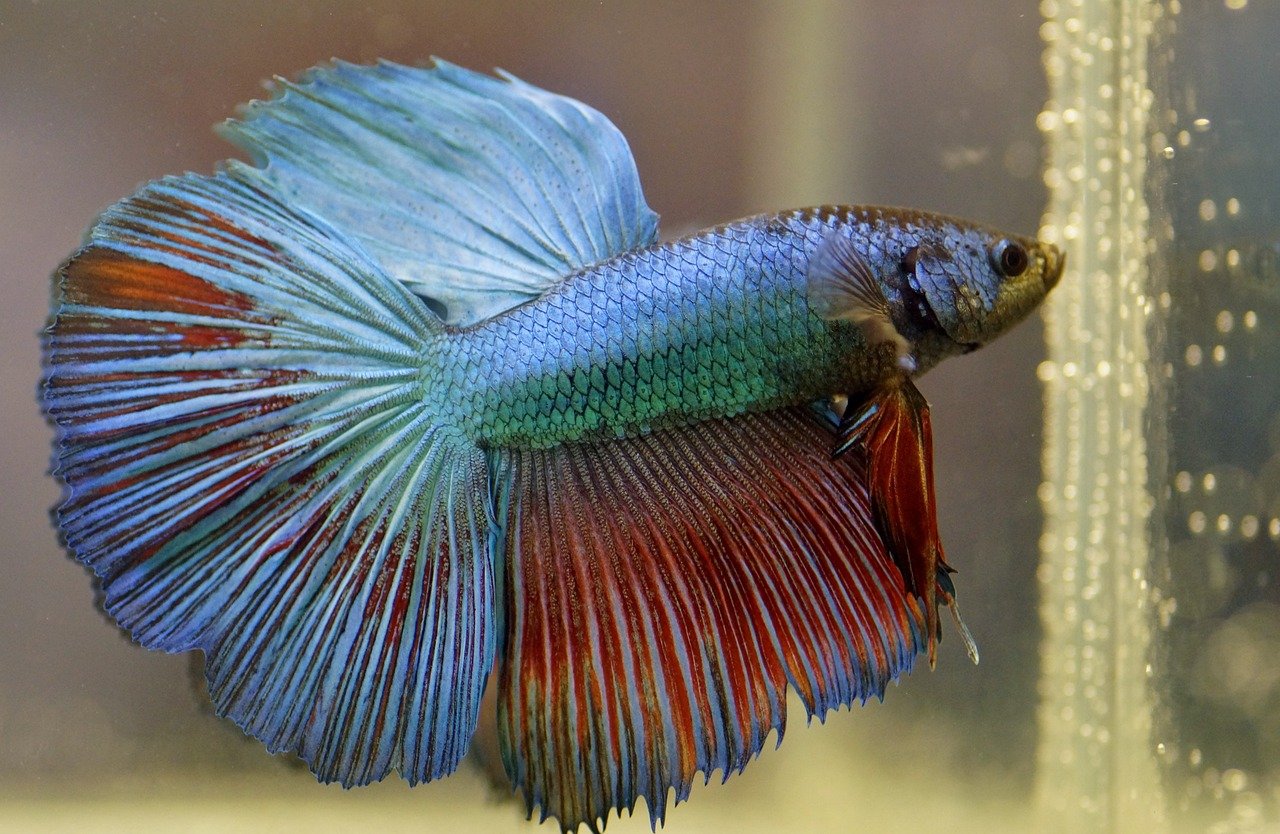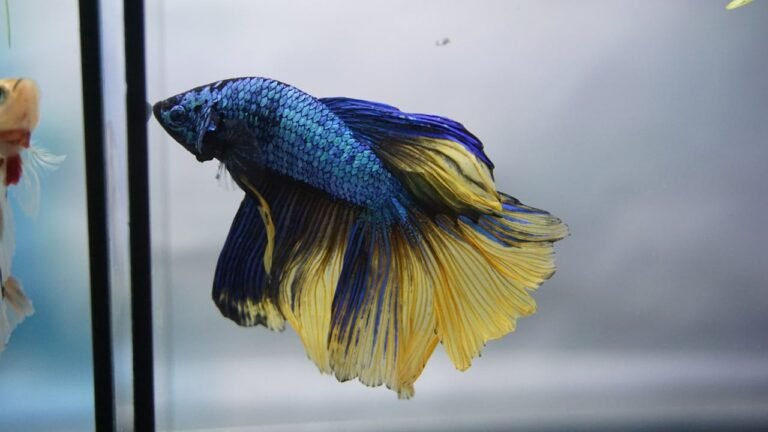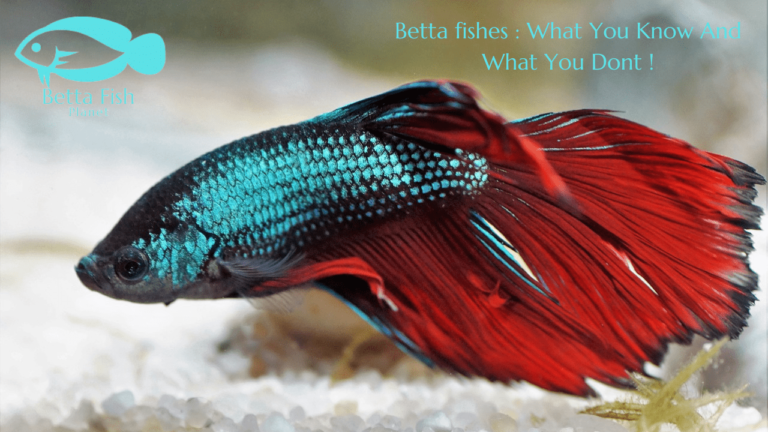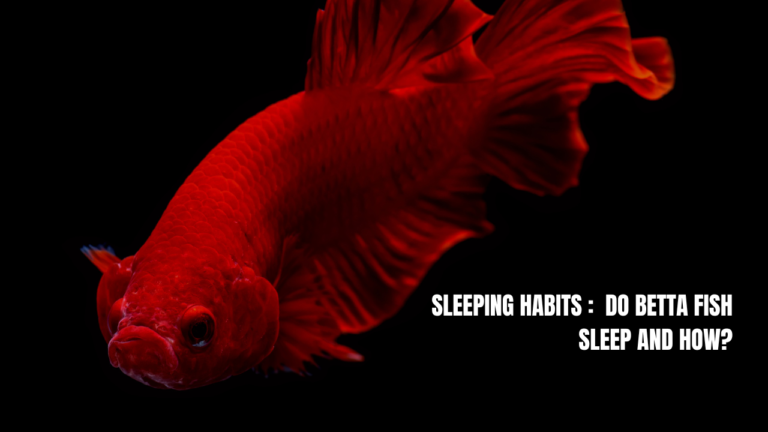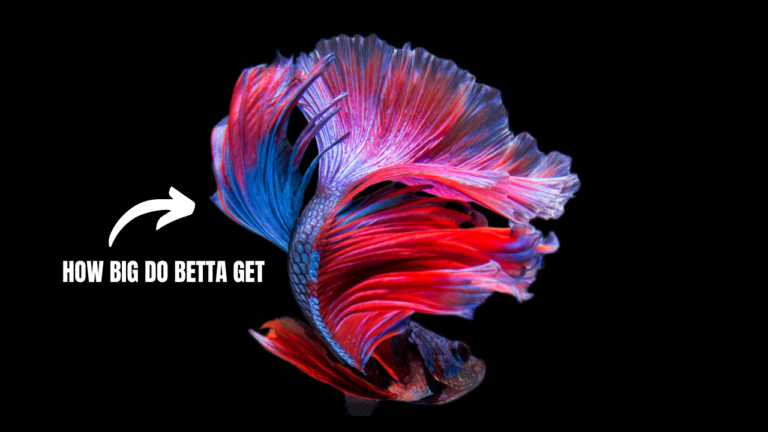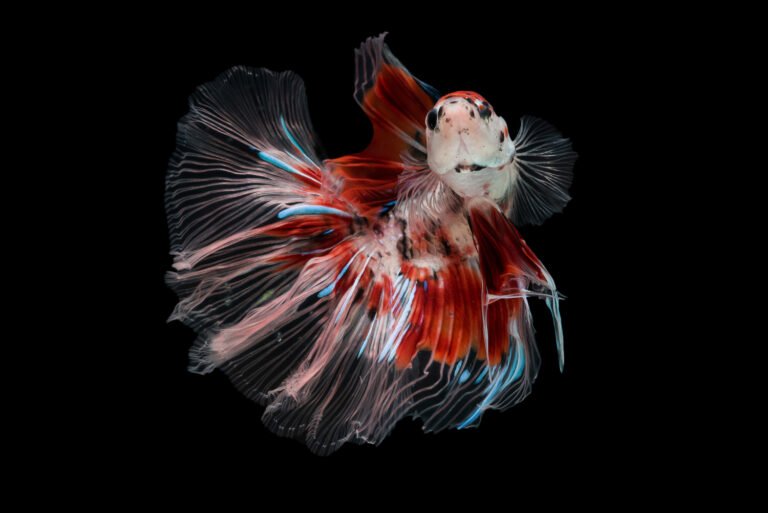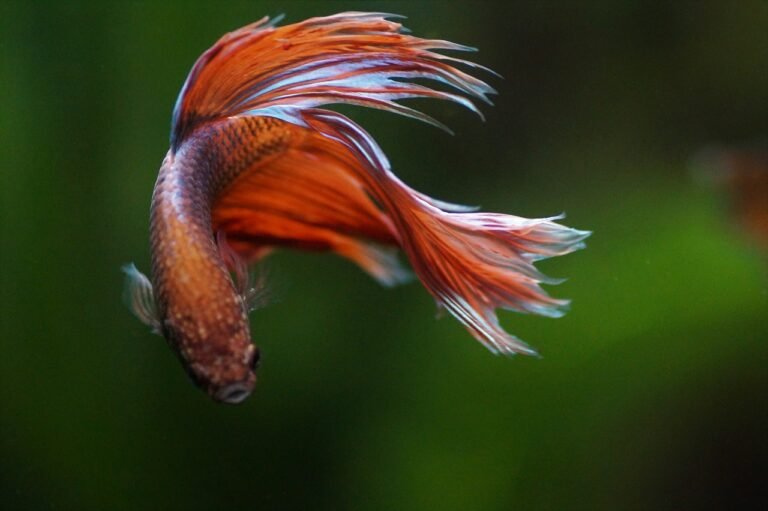The first step in keeping your betta fish healthy and happy is understanding what they need to eat. These colorful and captivating freshwater fish have specific nutritional requirements that must be met for them to thrive. This guide will cover everything you need to know about feeding a betta fish, so you can provide it with an enjoyable and balanced meal plan.
It’s important as a responsible owner of these beautiful creatures that we understand how vital a well-rounded diet is for them. Good nutrition not only supports their growth and development but also enhances their vibrant colors, promotes disease resistance, and contributes towards overall longevity. Knowing what food items should be given to your betta fish along with the correct way of doing it will help create an environment where they can flourish.
Nutritional Needs of Betta Fish
Betta fish are omnivores which means they require both plant-based and animal-based nutrients in order to have a complete diet. In the wild, these Siamese fighting fishes feed on various live foods such as insects, insect larvae or small crustaceans besides consuming plant matter and algae.
To mimic this natural dietary habit when kept in captivity, it is important that we offer different types of food which meet their specific nutritional needs. These include:
- Proteins – necessary for growth, tissue repair as well as overall health;
- Fats – provide energy while supporting healthy skin & fin development;
- Carbohydrates – supply energy plus aid digestion;
- Vitamins & minerals – involved in many body functions including maintenance of a strong immune system.
By knowing these requirements one can come up with a balanced diet that will ensure good health for the whole being of your betta fish.
Best Foods for Your Betta Fish
There are many options available when selecting what kind of food would be best suited for your bettas’ needs; some popular choices include:
High-quality betta fish pellets – look out for those containing proteins, fats, carbohydrates, vitamins & minerals in right proportions;
Frozen or freeze-dried foods – bloodworms, brine shrimp, daphnia among others which are rich in nutrients can be used as supplements to the main diet;
Live foods – providing live food like brine shrimp, daphnia or small insects can help with enrichment and promote natural hunting behaviors;
Vegetables & fruits – certain vegetables such as blanched peas, zucchini or cucumber may be given occasionally as treats to provide additional nutrients and variety.
It is worth noting that not all types of food are equal; always go for high quality species appropriate feeds from reputable brands so as to ensure proper nutrition for your betta fish.
How Much to Feed Your Betta Fish
Overfeeding is a common mistake made by many owners of bettas which can lead to various health problems including obesity, digestive disorders and poor water quality. As a general guideline, feed them what they can eat within 2-3 minutes twice daily.
The amount will depend on the size of your betta fish and type of feed being offered. Here are some recommendations:
Pellets – offer 2-4 per feeding or an amount that fits comfortably into its mouth;
Frozen or freeze-dried foods – give a small portion about the size of its eye.
Living food: Provide 2-4 small living foods per meal, such as brine shrimp or daphnia.
Remember that it is better to underfeed than overfeed. Betta fish have small stomachs and any uneaten food can quickly contaminate the water, leading to potential health problems.
Feeding Schedule
A consistent feeding schedule of betta fish is important for the well-being of your betta fish. Here’s a suggested feeding routine:
Morning: Offer a small amount of high-quality betta pellets or protein-rich live or frozen food.
Evening: Give a different kind of food, such as a vegetable-based treat or a small amount of frozen or live foods.
It should be noted that betta fish have relatively slow metabolisms and cannot handle large meals because their digestive systems are not designed for them. It is better to feed them smaller portions more often than one big meal at once.
Also pay attention to your betta fish’s behavior. If they seem uninterested in food or appear bloated, it may be time to adjust their feeding schedule or portion sizes.
Pellets: The Staple Food for Betta Fish
Betta fish pellets of high quality should be the main component of your finned friend’s diet. These specially formulated pellets are designed to provide a balanced mix of proteins, fats, carbohydrates, vitamins and minerals required by bettas for optimum health.
When choosing betta pellets, go for reputable brands using good ingredients without fillers or artificial additives. The size of the pellet should be suitable for your betta’s mouth and it should float on the surface of water since they feed from there.
To keep freshness and nutritional value intact, store them in an airtight container following manufacturer’s recommended expiry dates.
Live and Frozen Foods for Betta Fish
While pellets should form the bulk part of what your betta eats daily; incorporating live/frozen foods can add more variety as well as enrichment. These types not only offer nutritional benefits but also stimulate natural hunting instincts while promoting overall wellness.
Brine shrimp, daphnia, or small insects are live foods that can be a great treat for your betta fish. However, it is important to make sure these foods come from reliable suppliers and are free of potential contaminants or parasites.
Frozen foods such as bloodworms, brine shrimp, and daphnia are an easy alternative to live foods. These can be thawed and offered as a supplement to your betta’s diet, providing a nutritious and enjoyable treat.
When introducing live or frozen foods, it should be done in moderation and as a complement to your betta’s main diet of high-quality pellets.
Vegetables and Fruits for Betta Fish
While bettas are primarily carnivorous, occasional vegetable and fruit treats can provide additional nutrients and variety in their diet. These plant-based foods can be a good source of fiber, vitamins, minerals – even helping with digestion.
Some suitable vegetable and fruit options for betta fish include:
- Blanched peas (remove the outer shell)
- Zucchini
- Cucumber
- Lettuce (in moderation)
- Spinach (in moderation)
It is important to introduce these treats slowly at first because bettas may not recognize them as food right away. Always wash thoroughly and cut into bite-sized pieces so they don’t choke on them.
Pellets vs. Flakes: Which is Better for Betta Fish?
When choosing between betta fish pellets or flakes; generally speaking – pellets are considered superior. Here’s why:
Nutritional value: High-quality betta pellets have been formulated to provide a balanced complete diet ensuring all necessary nutrients are received by the fish.
Digestibility: Pellets digest easier than flakes do which can cause digestive issues if not soaked properly before feeding time.
Portion control: It’s easier to portion out pellets so there is less chance of overfeeding/underfeeding happening with this type of food compared against flake varieties where measuring becomes more difficult.
Floating: Most betta pellets are designed to float which makes it easier for them to be accessed and consumed by your fish.
While flakes may be acceptable in some cases, they might lack nutritional completeness found within higher quality pellet types and can also prove harder to measure accurately.
If you do decide on using flakes then make sure they’re soaked in tank water first before feeding as this prevents them from expanding inside the digestive system of your betta; potentially causing health problems down the line.
Can Betta Fish Eat Goldfish Food?
It is generally not recommended that you feed your betta fish goldfish food. Although both being freshwater fish species, their dietary requirements differ greatly from one another.
Goldfish food has been formulated typically with omnivorous goldfish in mind – these have different digestive systems and nutritional needs compared against bettas. There may not be an appropriate balance between proteins, fats or other essential nutrients within goldfish foods which could lead to malnourishment among other things when fed exclusively over time.
Feeding a betta fish on such a diet could result in various health complications including but not limited to; malnutrition, digestive disorders and even potential organ damage eventually.
Always provide your betta fish with high-quality species-specific diets that meet its unique nutritional demands best – doing so will ensure proper nourishment for optimal growth, coloration overall well-being.
If you want your betta fish to get the best nutrition possible, try our premium pellets for betta fish. We use only high-quality ingredients and mix them with proteins, fats, vitamins and minerals in a balanced way so that they can meet all the necessary dietary requirements of bettas. Go to our website now and buy some healthy food for your finned friend.
By following these rules and giving them a varied diet, you will ensure that your betta fish lives long, stays healthy and looks beautiful. Don’t forget that good nutrition is the basis of any thriving aquatic environment – thank you for being such an attentive owner!
Can Betta Fish Eat Human Food?
While you might be tempted to share your human food with your betta fish, this is generally not recommended. Most human foods lack necessary nutrients and can potentially harm the delicate digestive system of your pet fish.
However, there are some exceptions. Certain fruits and vegetables like blanched peas, zucchini and cucumber can be offered as occasional treats in small amounts only after being thoroughly washed and cut into bite-sized pieces so as not to pose choking hazards.
It is important to remember that human foods should never replace a balanced species-appropriate diet; treats should only supplement regular feeding routines for bettas.
Avoiding Common Feeding Mistakes
To keep your betta fish healthy and thriving, it’s crucial to avoid common mistakes when feeding them. Here are some pitfalls you should watch out for:
- Overfeeding: Giving too much food can cause obesity, digestive problems and poor water quality.
- Underfeeding: Insufficient nutrition may lead to stunted growth, weakened immune system and lethargy among other health issues.
- Feeding unsuitable foods: Offering items not meant for bettas can result in malnutrition or digestive disorders.
- Inconsistent feeding schedule: Irregular meal times can disrupt your betta’s metabolism and cause stress or illness.
By being aware of these common errors, you can ensure that your betta fish gets proper nutrition and maintains a healthy appetite.
